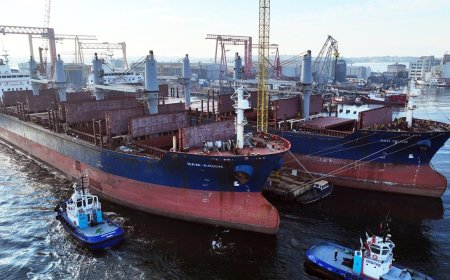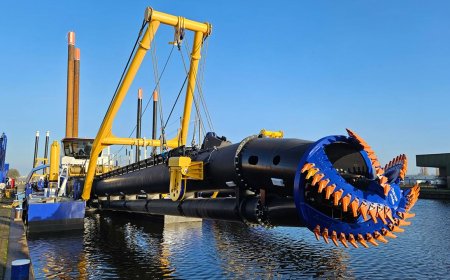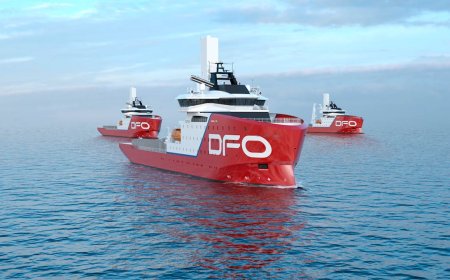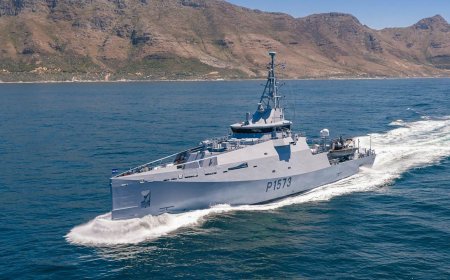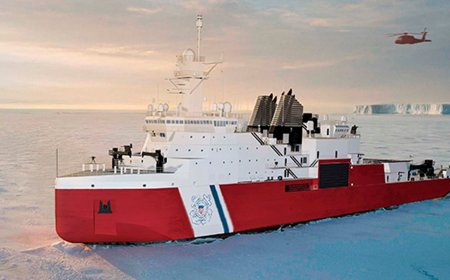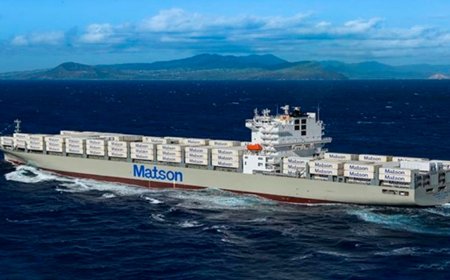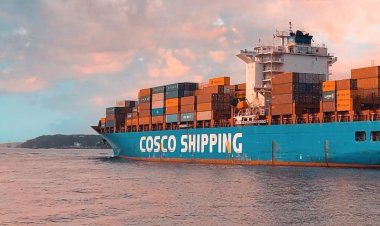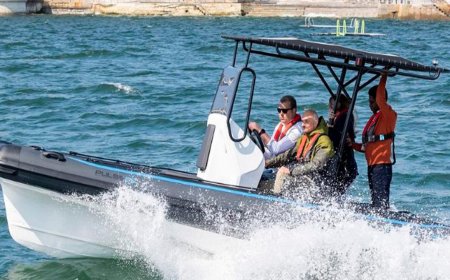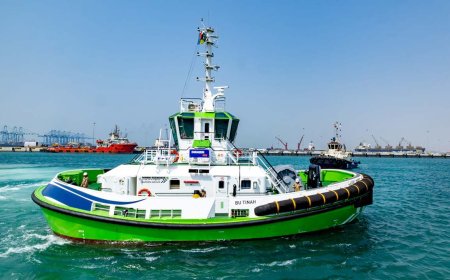Wintershall Dea joins CCS Project Poseidon in the United Kingdom
The company has acquired a ten per cent stake in British CCS project ’Poseidon’
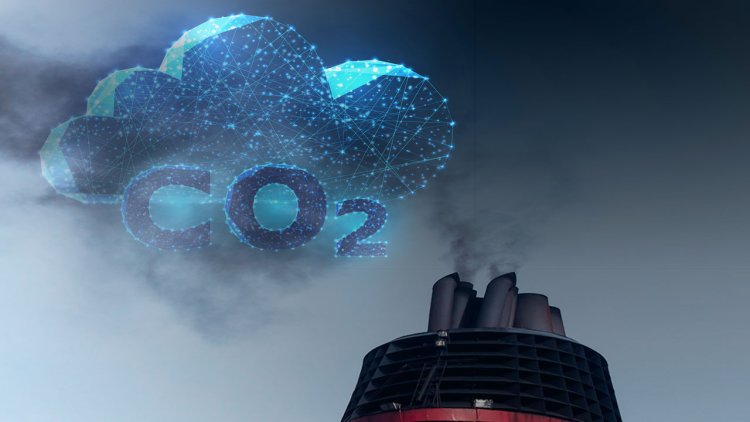
Wintershall Dea has entered a second carbon capture and storage (CCS) project in the United Kingdom. The company joins the ‘Poseidon’ CCS project after acquiring a ten per cent stake in the licence from Carbon Catalyst.
The licence was awarded to Perenco and Carbon Catalyst as part of the UK’s first CO2 storage licensing round. Perenco is the designated operator of the project, while Carbon Catalyst and Wintershall Dea will now hold non-operated positions in it.
"We are proud to expand our presence in the country and contribute to the UK's efforts in achieving a net-zero future. Through our involvement in this project, we are further growing our expertise in the CCS field and reconfirming our efforts to decarbonise European industries," said Hugo Dijkgraaf, Chief Technology Officer and Executive Board Member at Wintershall Dea, about the company's growing activities in the UK.
"As an expert E&P company with over 60 years of experience in the North Sea and our growing CCS expertise from projects in Norway and Denmark, Wintershall Dea can contribute valuable subsurface and technical knowledge to this outstanding project,” said Matthias Pfeiffer, Country Lead UK for Carbon Management & Hydrogen at Wintershall Dea. “We are looking forward to working together with our partners Perenco and Carbon Catalyst in order to mature this project in a safe and most efficient way,” Pfeiffer added.
‘Poseidon’ is among the largest CO2 transportation & storage projects in the UK. It is scheduled to be operational by 2029, with a total annual storage capacity of up to 40 million tonnes in its full development stage. It envisages the permanent geological storage of approx. one billion tonnes of CO2. The project is expected to connect a wide range of CO2 emitters across the East and Southeast of England and has the potential to significantly decarbonise the area. The CO2 is planned to be transported via the Perenco-operated Bacton Gas Terminal to the offshore ‘Poseidon’ storage site. The carbon storage licence is located in the UK Southern North Sea, about 65 kilometres off the coast from Bacton in the county of Norfolk. It covers the geological structures of the Leman gas field and offers a combination of depleted reservoirs and saline aquifers suitable for safe and permanent carbon storage.
